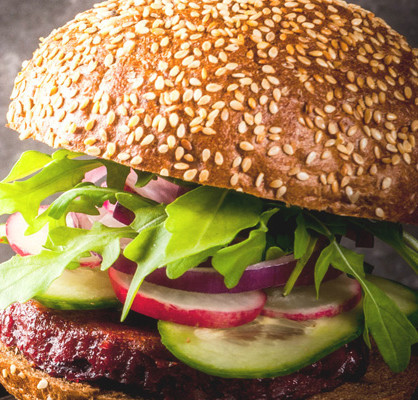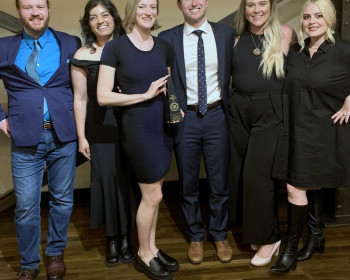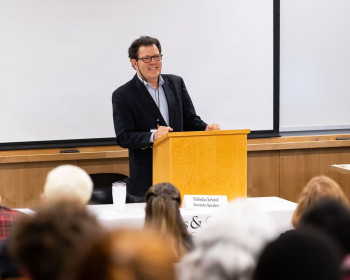Sustainable Protein Forum February 18
Open gallery

Sustainable protein, whether it comes from plants or animal cells, refers to food that is produced in a way that is non-polluting, that conserves energy and natural resources, reduces reliance on industrial animal agriculture, and is economically efficient. It is also one of the leading areas of innovative products and entrepreneurial ventures. Estimates suggest that alternative and plant-based proteins will grow from 2% of the human diet in 2020 to at least 11% by 2035. Such growth will test domestic and international legal frameworks in regulation, trade, and human and animal rights.
This month, “Sustainable Protein: The Legal, Business, and Ethical Dimensions” are explored in a free webinar jointly hosted by the Center for Business Law and Innovation (CBLI) and the Center for Animal Law Studies (CALS) at Lewis & Clark Law School. On February 18, 2022, Lewis & Clark’s sustainable protein forum will bring together academics, practitioners, and entrepreneurs who are deeply involved in the field for a day-long webinar. Registration for the event can be found here and more information can be found here.
“Doing Well by Doing Good: The Nexus Between Innovative Food Companies & Socially Responsible Investing,” will be the focus of the first panel, with Davis Wright Tremaine Associate Allison B. Condra; CEO of The EVERY Company Davis Arturo Elizondo; and Managing Director of Veginvest Amy Trakinski. Pamela Frasch, Professor of Law, Brooks McCormick Jr. Scholar of Animal Law and Policy, and Founder of the Center for Animal Law Studies serves as moderator.
The second panel will focus on “Food For Thought: What Is the Optimal IP Strategy for Cell- or Plant-Based Protein?” Panelists include Biotechnology and Chemical Practice Group Director at Sterne Kessler, Gaby L. Longsworth, PhD; Haynes Boone Partner Jason Novak; and Gearhart Law Partner David Postolski. George K. Foster, Professor of Law, Lewis & Clark Law School serves as moderator.
“Labeling Controversies: What Can Businesses Call Their Alt Protein Innovations and Why Does It Matter?” will be the focus of the third panel. Tofurky President & CEO Jaime Athos joins Animal Legal Defense Fund Senior Staff Attorney Amanda Howell. Megan Senatori, Associate Director, Center for Animal Law Studies serves as moderator.
The last panel of the day: “Regulatory Pathways and Pitfalls for Alt Protein” sees Good Food Institute Lead Regulatory Counsel Laura Braden, University of Connecticut School of Law George Williamson Crawford Professor of Law, Mathilde Cohen, and Center for Food Safety Legal Director George Kimbrell. David Stone, Professor and Director, Food Innovation Center, College of Agricultural Science, Oregon State University serves as moderator.
Webinar co-hosts noted how sustainable protein ventures require a synergy between animal law, business law and environmental law. “Sustainable protein is not only vital to the future of how our growing population will feed itself, but is a topic that combines several core strengths of our law school,” said George Foster, CBLI Co-Director and Professor of Law.
Pamela Hart, Executive Director of the Center for Animal Law Studies and Assistant Dean of the Animal Law Program, added that “it is imperative to engage key stakeholders as we re-imagine our food system. Our hope is that through the intersection of animal law, business law, and other relevant areas of the law, we can achieve a more compassionate, effective, and just world for all.”
Law Communications is located in room 304 of Legal Research Center (LRC) on the law Campus.
MSC: 51
email jasbury@lclark.edu
voice 503-768-6605
Cell: 626-676-7923
Assistant Dean,
Communications and External Relations, Law School
Judy Asbury
Law Communications
Lewis & Clark Law School
10101 S. Terwilliger Boulevard MSC 51
Portland OR 97219

